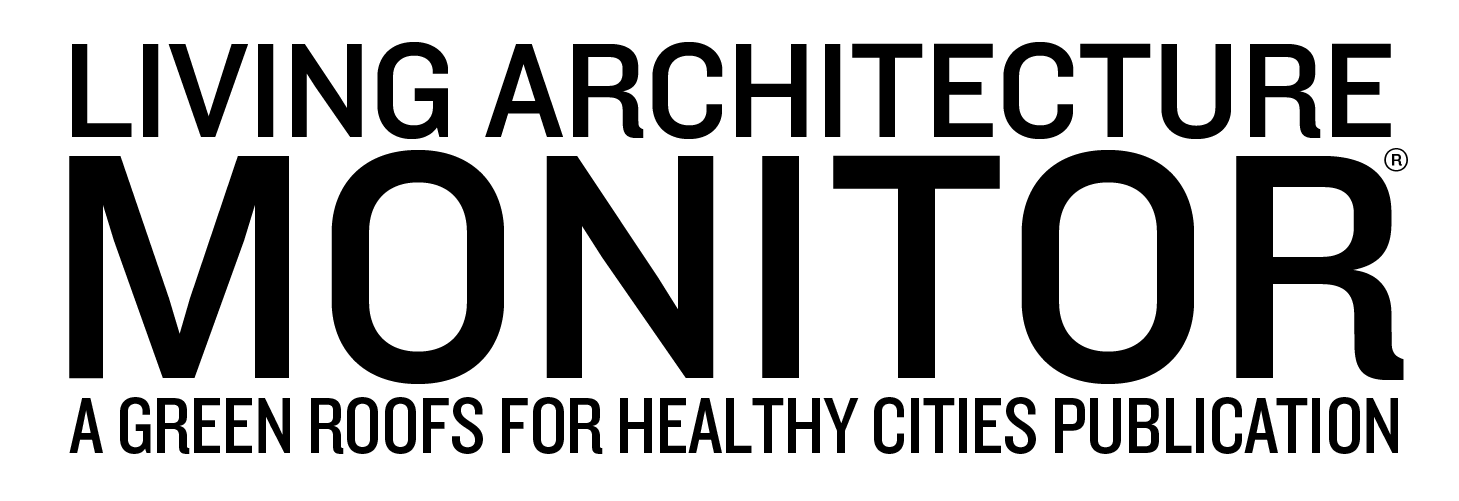Articles
Addressing Urban Heat Islands Benefits Everyone
Learn about how the Urban Heat Island and Social Justice are issues which are fundamentally interconnected and how green roofs and walls can help to address both.
How the Movement Towards Sponge Cities Can Help Soak up Extreme Rainfall
"Sponge Cities" utilize green infrastructure to manage stormwater, combat flooding, and enhance urban resilience by naturally absorbing and repurposing rainwater. This sustainable approach addresses challenges from extreme weather and urban sprawl, transforming cities into greener, more sustainable environments.
Why the Climate Crisis Requires 21st Century-Like Victory Gardens and High Tech Solutions
This article begins to make the case for increased public policy and private investment on a wide range of approaches to producing food in our urban environments in the face of climate change threats to food security.
Year 1 Study: Urban Agriculture Green Roof Media Efficiency and Crop Cultivation
Urban and rooftop farming meets demand for fresh produce. Study at BMC Rooftop Farm explores green roof media's impact on crop cultivation, energy use, and water retention. Initial findings and future directions discussed.
A Closer Look at Offices of Urban Agriculture
Urban agriculture offices promote local produce in cities, like rooftop farms in New York and San Francisco. Washington D.C.'s Office of Urban Agriculture aims to expand food production, integrate landscapes, and educate communities, aligning with sustainability goals and fostering economic activity.
Østerbro Klimakvarter – The First Climate Adaptation Neighborhood in Denmark
A decade ago, the City of Copenhagen began redesigning neighborhoods, transforming them into climate adaptation projects, using community lead, integrated stormwater management approaches to cool cities, reduce flooding and provide amenity spaces. Learn about the design and performance of one of the first climate adapted neighborhoods in Copenhagen.






